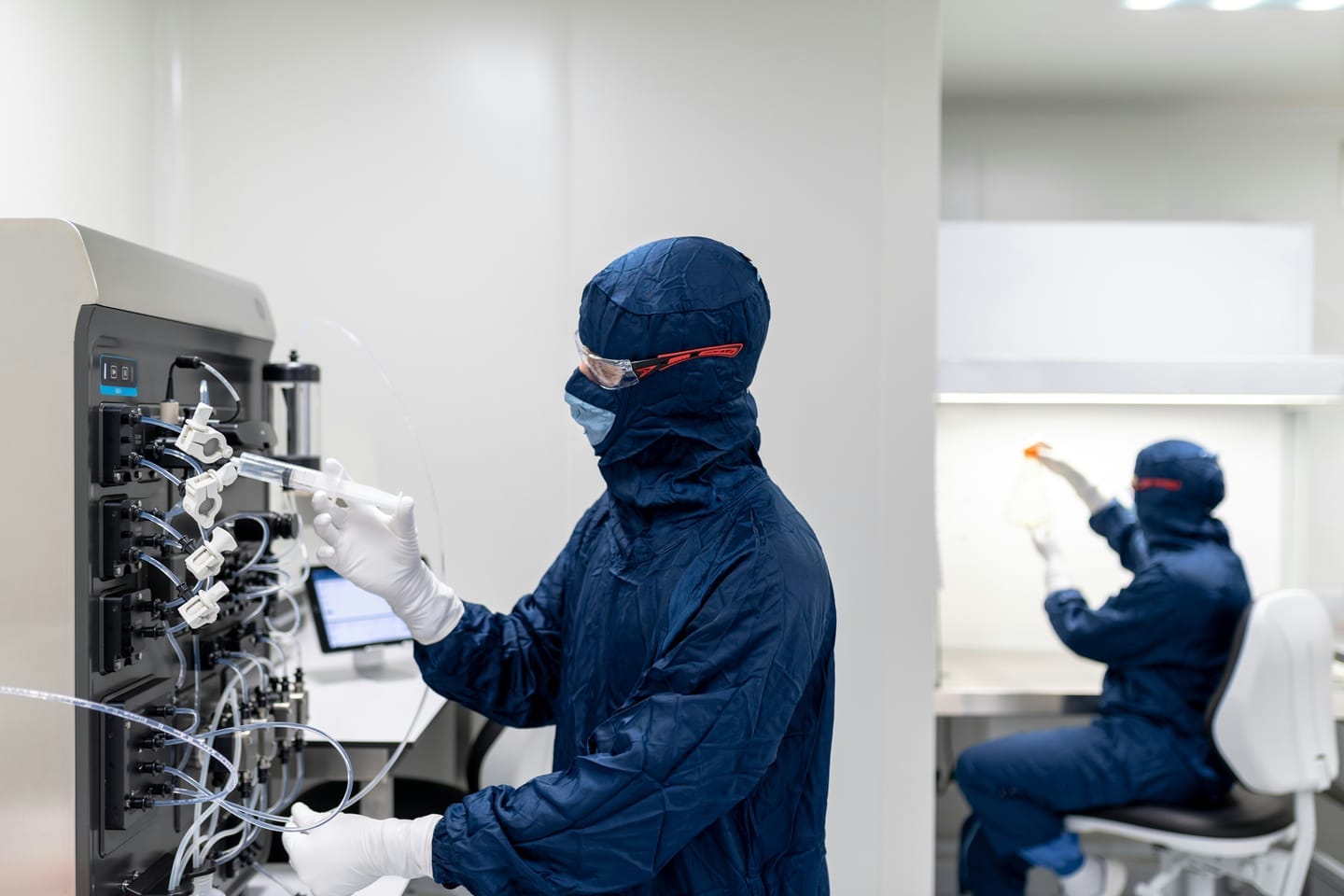On February 19, 2025, Google introduced a system called AI co-scientist built on Gemini 2.0, which provides virtual support for scientific researchers in developing new hypotheses and formulating research proposals. This multi-agent AI system not only creates literature reviews or in-depth analyses but is also capable of generating original scientific hypotheses and experimental protocols, thereby accelerating the process of scientific discovery.
The system has already been successfully tested at Stanford University, Houston Methodist Hospital, and Imperial College London, where remarkable results were achieved in researching treatment options for certain diseases. Scientists at Imperial College solved a decade-old research problem in just two days using the system. Professor José Penadés, a researcher at Imperial College, emphasized that the algorithm could review available evidence, analyze possibilities, ask questions, design experiments, and propose the same hypothesis they had reached through years of painstaking scientific research—all in a fraction of the time. In an experiment aimed at treating liver fibrosis (liver scarring), according to Google's report, all therapeutic methods recommended by the AI co-scientist proved effective. Each approach successfully inhibited the processes involved in the development of the disease and showed promising results during the studies.
The AI co-scientist aims to complement researchers' work rather than automate the scientific process, increasing scientific collaboration. "We expect it to increase, not decrease scientific collaboration," stated Vivek Natarajan, a Google researcher. Google is making the system available to research organizations through a Trusted Tester Program, where research institutes from around the world can apply to test its strengths and limitations in the fields of science and biomedicine.
Sources:
1.

2.
3.

4.











